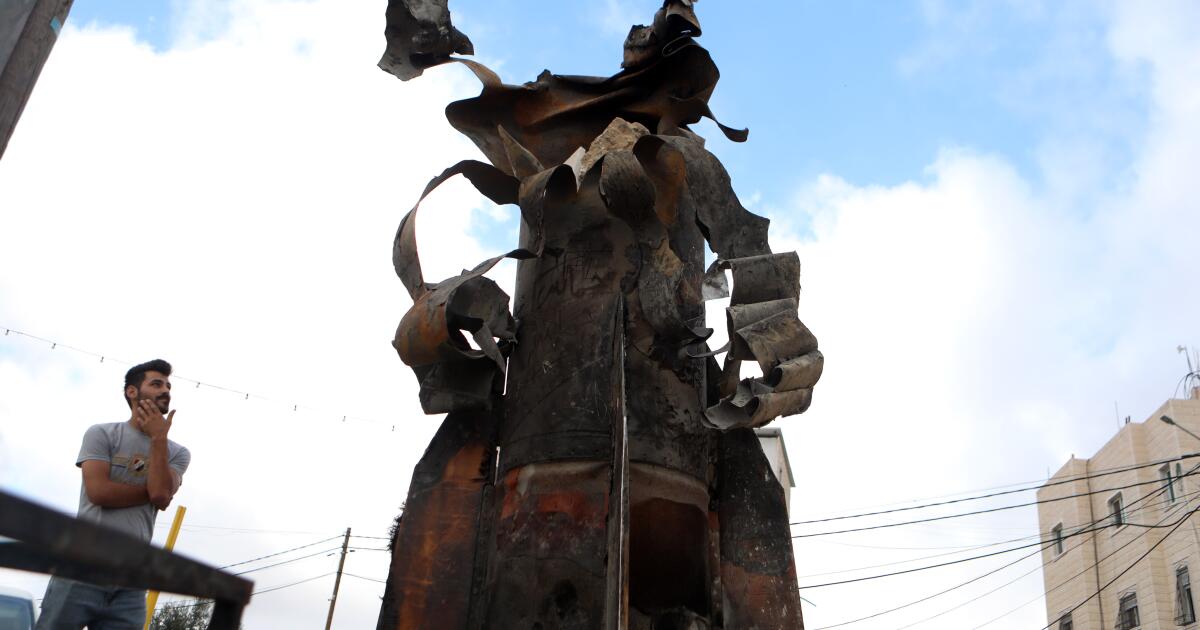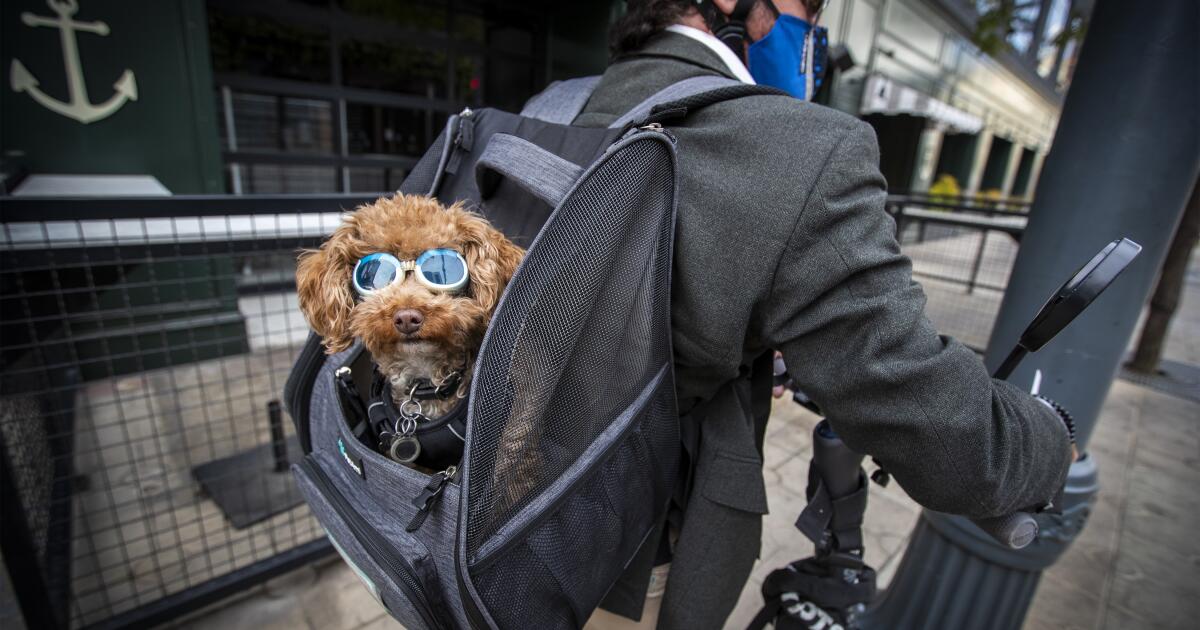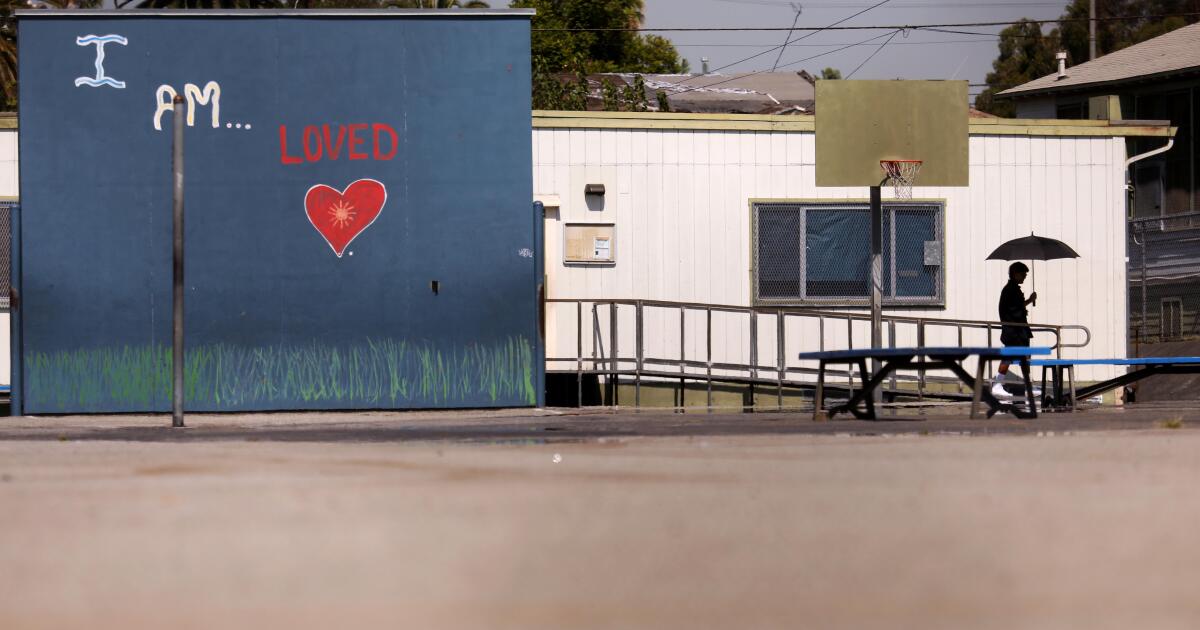In the twists and turns that an exquisite impressionist painting of a rainy Paris streetscape has taken from Lilly Cassirer's Berlin home in 1939 to the wall of a Spanish museum where it hangs today, no one has ever questioned that the artwork was stolen by the Nazis.
However, his descendants, now living in California, have been unable to recover it.
Finally, after two decades of fighting in courts from California to the U.S. Supreme Court, a bill in the state legislature may give the Cassirer family its best chance yet to recover the Camille Pissarro painting, “Rue Saint-Honoré, après midi, effet de pluie,” which the Nazis forced Lilly to hand over in exchange for exit papers from Germany.
Assembly Bill 2867, authored by Assemblymember Jesse Gabriel (D-Encino) and sponsored by California Lt. Gov. Eleni Kounalakis, would require that all court cases brought by California residents or their families to recover their stolen artwork held in museums be resolved according to state law. Under California law, a thief has no legal right to stolen property and therefore cannot pass rightful title to others, no matter how many times the property is sold or how much time passes.
Gabriel and Kounalakis know how difficult it is to find and recover property stolen during the Holocaust. Gabriel, a lawyer, has represented Holocaust victims, and Kounalakis was previously ambassador to Hungary, a country that sent more than half a million Jews to their deaths.
This morally compelling bill solves a technical problem that had hampered the Cassirer family's case. Currently, courts deciding a case in a state where the plaintiff is suing a foreign entity (such as the Spanish museum) must make a decision about whether to apply the law of that state or the law of the defendant's country. In the Cassirer case, the federal courts always decided to apply Spanish law. And in Spain, the possessor of stolen property has the right to keep it after a certain period of time has passed. even If it was stolen.
Under those rules, the Cassirer family lost in federal district court, in the Ninth Circuit Court of Appeals and, after the U.S. Supreme Court sent the case back to the appeals court in 2022, again in the appeals court. Earlier this year, a Ninth Circuit panel applied Spanish law and ruled that the Museo Nacional Thyssen-Bornemisza in Madrid had the right to keep the painting. If the bill passes, the Cassirer family can go back to the Ninth Circuit based on the new law or can appeal the Ninth Circuit’s recent decision to the U.S. Supreme Court.
Regardless of the law applied, it is outrageous that the museum kept it. Even a concurring judge on the 9th Circuit said the museum should return it to the Cassirer family.
This bill will send a clear message from the citizens of California to all courts, as well as to the government of Spain, that museums should not have the right to hold stolen works of art. The Legislature should quickly pass it and Governor Gavin Newsom should sign it into law as soon as it is passed. The bill has an urgency clause, meaning it will go into effect immediately after the governor signs it into law.












